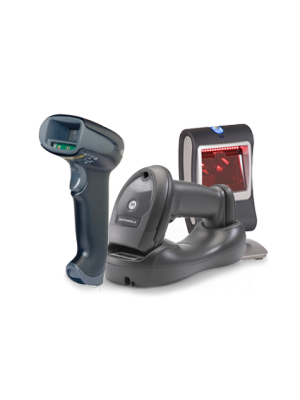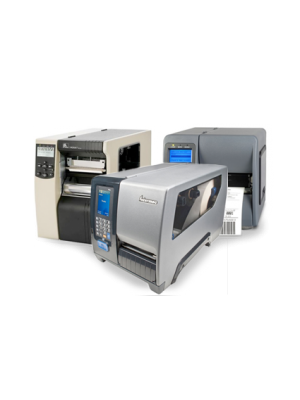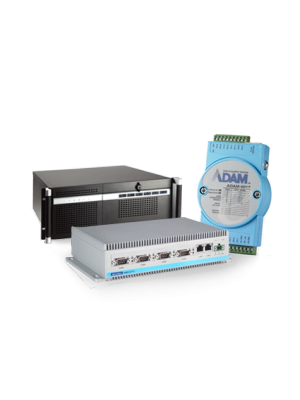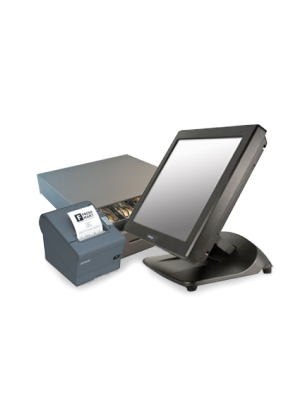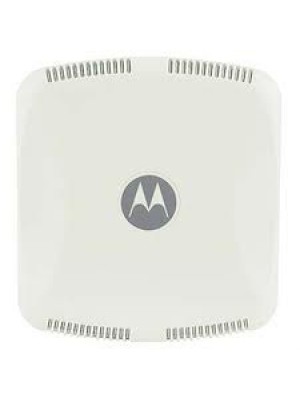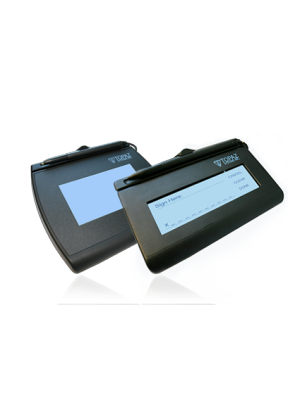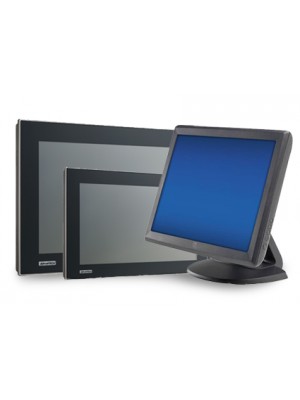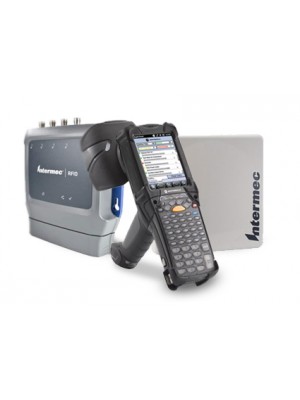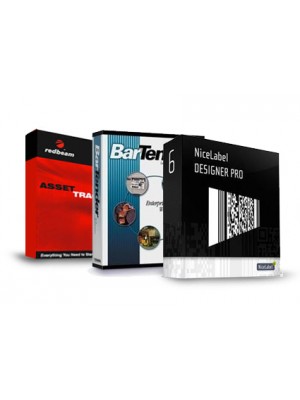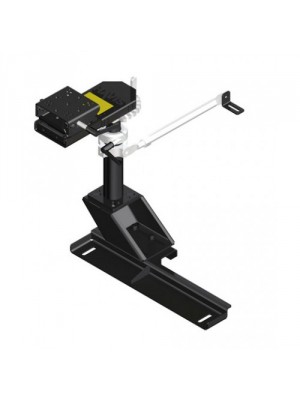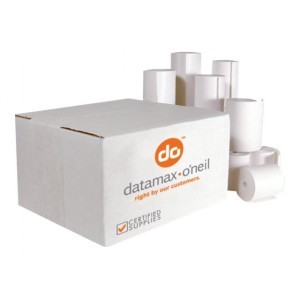When I tuned in to Advantech’s April 18, 2014, webinar, Windows Embedded 8.1 Overview and Lock-Down Features, available here via YouTube, I got more than I bargained for. As Advantech Product Sales Manager Tze Chew introduced the event’s keynote speaker, Sylvain Ekel, Microsoft’s Senior Account Technology Strategy Manager, he paused to address – straight up – the future of Advantech’s XP Pro platforms, and I had not expected such a frank discussion of the significance of XP’s sunset.
Given Microsoft’s announcement that it was ending support of XP Pro and given that XP Pro has for so long served as the default OS tested for compatibility with all Advantech standard models, Chew’s confirmation that Advantech has received numerous questions about the transition should have come as no surprise. After 13 years of service – three longer than the 10 years originally planned – Microsoft’s support for XP Pro was scheduled to end on April 8, 2014, and Advantech has planned well to assists its clients in transitioning to more modern operating systems.
Similarly, to aid in enterprise transitions, Microsoft offers system-support agreements, one- to three-year contracts that continue support of existing systems with a migration path to a more modern OS. Nevertheless, there are risks to staying on XP beyond the end of security updates, including compliance issues, higher maintenance costs and XP’s lack of support for new chipsets, such as Intel’s new Bay Trail processors.
More importantly, aside from the negatives of staying with XP, there are strong positives that argue for moving now to a more modern platform – positives that go beyond the application and driver sides of transition equations. These include:
- The greater inherent value of the extended life cycle of a modern system;
- Ensuring future continuity of systems;
- Elimination of the business and technology risks of a retired system; and
- Better positioning to address customer demand.
The advantages of a more modern system, such as Windows Embedded 8.1, include technologies that simply aren’t available via XP. Take, for example, security. Windows 8.1 offers AppLocker, Bitlocker and Bitlocker To Go, Trusted Boot, etc., critical tools that address modern security challenges. Put simply, the challenges faced by enterprises 13 years ago were not those faced today. Windows XP Pro was state of the OS art then; Windows Embedded 8.1 is the state of the OS art today.
As I, like so many others, bemoaned the sunset of Windows XP, I failed to fully consider the opportunities presented by transitioning now to a more modern OS, whether willingly or grudgingly. Ekel’s 50-minute overview details the key features of Windows Embedded 8.1, including its all-important lock-down features, and is well worth your time.


